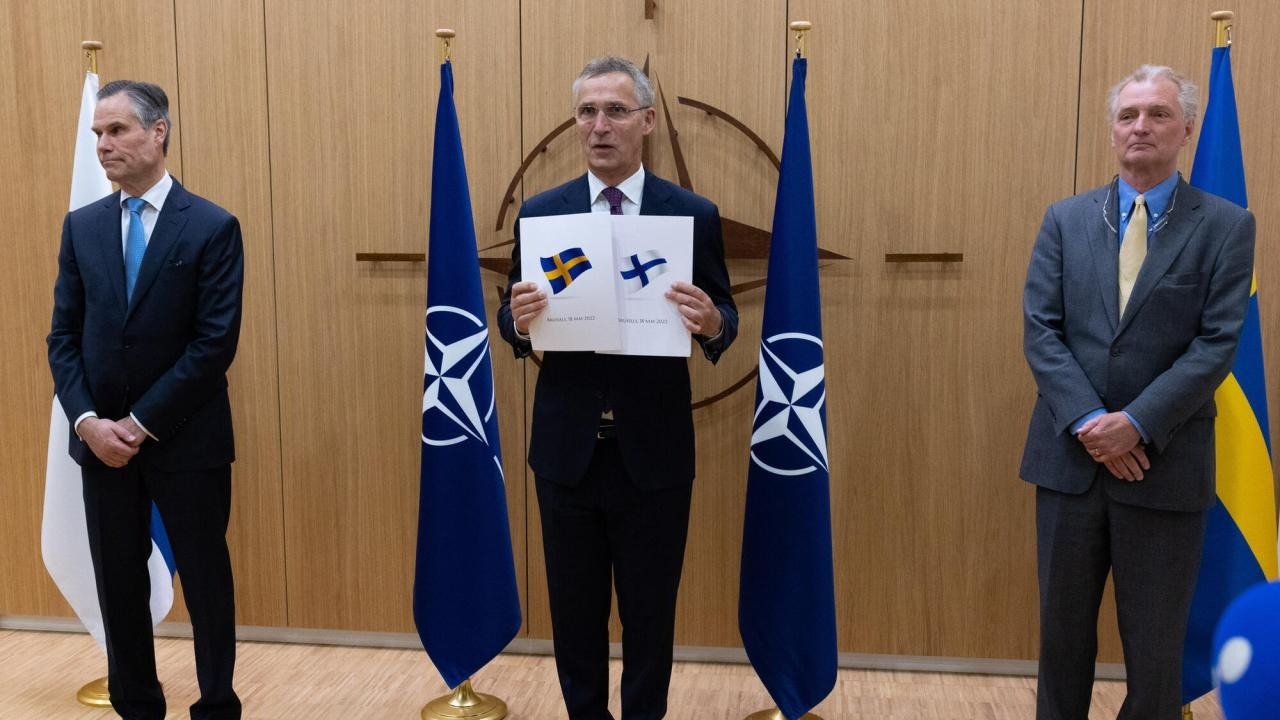 NATO APPLICATION submitted. NATO Secretary General Jens Stoltenberg is flanked by Finland’s NATO Ambassador Klaus Korhonen (to the left) and Sweden’s NATO Ambassador Axel Wernhoff (to the right). Photo: NATO
NATO APPLICATION submitted. NATO Secretary General Jens Stoltenberg is flanked by Finland’s NATO Ambassador Klaus Korhonen (to the left) and Sweden’s NATO Ambassador Axel Wernhoff (to the right). Photo: NATO
Sweden’s Path into NATO – What has happened
For over 200 years, Sweden has maintained its non-alignment and neutrality. Although the political parties have been predominantly supportive of NATO, they have refrained from pushing the issue, as public opinion has strongly favored maintaining neutrality. However, after Russia’s invasion of Ukraine, the time seemed ripe. It suddenly became urgent to join NATO before public opinion shifted back. However, the burning of Qurans and Turkey’s capriciousness have caused complications.
Published: March 27, 2023, 11:39 pm
Sweden’s biggest party, the Social Democrats, has its roots in the peace movement of the 1960s and 1970s, and many of its grassroots members are strongly opposed to the idea of joining a military alliance or allowing nuclear weapons on Swedish soil. The Social Democrats know this, and as recently as November 2021, then-Minister of Defense Peter Hultqvist stood at the podium during the Social Democrats’ party congress and declared that as long as he was Minister of Defense, there would be absolutely no application for Swedish NATO membership.
Sweden discreetly aligns with NATO
Behind the scenes, however, changes were already being made. Step by step, the government had already prepared the Swedish Armed Forces to become part of the US-led military alliance. In 2016, Sweden entered into a host country agreement with NATO, which in short means that Sweden will be able to receive or support NATO’s military operations in its vicinity.
To this end, ports and airports have been expanded and prepared, the Armed Forces’ equipment has been NATO-adapted to be able to use NATO communication systems, ammunition, and more, Swedish combat techniques have been replaced with NATO’s, such as how soldiers hold their firearms, how they clear buildings, and similar procedures, the adoption of NATO officer ranks, and even the replacement of the Swedish phonetic alphabet (Adam, Bertil, Caesar) with the English one (Alfa, Bravo, Charlie).
It is worth noting that even the Green Party, which was part of the government at the time, supported the host nation agreement, despite the party’s deep roots among peace advocates.
Sweden also participated in the US-led war in Afghanistan, where several Swedish soldiers were killed, and Swedish JAS 39 Gripen fighter jets carried out combat missions over Libya.
Seizing the Opportunity after the Invasion of Ukraine
The Swedes have generally been opposed to joining a defense alliance. Throughout the 2010s, the “No” side in most opinion polls received support from just over 40 percent of the population, while the “Yes” side hovered around 35 percent. The rest were uncertain.
On February 24, 2022, an event occurred that would completely change the Swedish NATO debate: Russia’s invasion of Ukraine. The very next day, Sweden and Finland entered into cooperation with NATO, aimed at intensifying information exchange and strategic communication, all with reference to the current crisis situation.
As NATO drew Sweden and Finland closer, the liberal parties that had been pushing for Swedish NATO membership for decades gained momentum. Mainstream media reporting on NATO also became increasingly positive. A significant shift could now be discerned within the Social Democrats. The “No” from the party congress in November 2021 appeared to have little significance for the party leadership.
On March 16, the Social Democratic government led by Prime Minister Magdalena Andersson called for security policy consultations among all parliamentary parties. On May 13, a report was presented that built upon the recently conducted cross-party discussions, and its conclusion was that Sweden should apply for NATO membership, citing the changed security policy situation.
Social Democrats in favour – Government Applies for NATO Membership
Now, the Social Democratic party leadership intensified their efforts to win over the reluctant grassroots. So-called ambassadors were sent out to districts, not to discuss the issue, but to explain and justify the party leadership’s intention to change the Party’s stance on the matter.
On May 15, the Social Democratic party announced its historic decision to abandon the long-standing line in Swedish foreign policy, namely that Sweden should remain non-aligned. This was in spite of the party congress having declared just six months earlier that the Social Democrats stood for a non-aligned Sweden.
On May 16, only one day after the Social Democrats made their decision, the Swedish government decided to submit an application for NATO membership. This was formally done on May 17-18 at NATO headquarters in Brussels.
Sweden’s NATO bid absent in the Election
The fact that Sweden formally applied to join NATO is the most significant security policy shift the country has made in several centuries. Yet, the issue was notably absent in the lead-up to the general election held on September 11, 2022.
Those least interested in having a debate about NATO were the Social Democrats, whose party leadership had managed to push through their decision to change their stance on NATO. However, within the party, there were still small currents of critical voices, often rooted in the anti-nuclear movement and the peace movement from the 1960s.
But even mainstream media journalists admitted that the NATO issue was completely dead during the election campaign, as discussed, for example, on state radio’s program “Det politiska spelet” (The Political Game). The participants, My Rohwedder from the newpaper Aftonbladet, Annie Reuterskiöld from the newspaper Dagens Nyheter, Mats Knutson from state broadcaster SVT, and Fredrik Furtenbach from state radio Sveriges Radio, argued that it was not the journalists’ role to whip up a debate and, since all parties agreed that Sweden should join NATO, there was nothing to argue about. However, critical voices among independent media have pointed out that the journalists have misunderstood the role of the fourth estate: to scrutinize what politicians are up to and decide.
Promoting Gender Equality Issues in NATO
The forementioned parliamentary report “Ett försämrat säkerhetspolitiskt läge” (A Deteriorated Security Policy Situation) forms the basis for Sweden’s NATO application. It states that within the military alliance, Sweden should “promote issues of security based on respect for democracy, human rights, the rule of law, women’s political and economic participation, as well as the fight against climate change.” Sweden should also be “proactive in international efforts for gender equality and in the Women, Peace, and Security agenda.”
The Swedish Defense Research Agency (FOI) concluded in a 2018 report that NATO has made some progress on gender issues, but still has a long way to go. For example, they criticize NATO for presenting the military organization on social media with photos of tanks and fighter jets, rather than highlighting more female roles within the military alliance.
Although Sweden has not been a NATO member, it has contributed to the training of so-called Gender Advisors for the military alliance. The Nordic Centre for Gender in Military Operations is located at the regiment Livgardet outside Stockholm and is a Nordic collaboration. At the same time, it serves as a competence center for NATO.
Sweden had already demonstrated its commitment to the issue. In 2008, female soldiers in the Swedish-led international force Nordic Battle Group, which is part of the European Union’s army, complained to the EU Court of Justice that the force’s coat of arms looked too masculine. The Swedish Armed Forces, not wanting to be labeled as sexist, then castrated the lion on the coat of arms. Heraldic experts reminded that a lion without genitals symbolizes shame, and such coats of arms were historically given to those who had betrayed the Crown.
Turkey opposes Finland and Swedens NATO applications
Once the membership application was submitted, all experts unanimously agreed that the path to joining NATO was now wide open for Sweden. However, it turned out to be easier said than done, as membership for a new NATO country cannot be granted until all existing NATO member state’s governments and parliaments have approved the addition of a new member to the alliance.
The strongest opponent to Swedish NATO membership was and is Turkey. For Turkey to approve Swedish membership, they demanded political concessions, in particular that both Sweden and Finland should extradite individuals to Turkey whom they deem “terrorists,” often left-wing politically active Kurds who fled from Turkey to Sweden.
Sweden’s government was willing to make these concessions. On June 28, an agreement was signed between Turkey, Sweden, and Finland for closer cooperation against so-called terrorism, which made extraditions to Turkey possible. In some isolated cases, this has indeed happened. However, Turkey’s President Recep Erdogan was still not satisfied.
Now, more and more voices were raised in Sweden claiming that Turkey was making unreasonable demands. This was also echoed by the newly appointed Prime Minister Ulf Kristersson from Moderaterna (the center right party), most recently at the defense conference Folk & Försvar on January 9, when he said that Erdogan was demanding things that Sweden could not and would not accommodate.
Hung Erdogan puppet in Protest
Amid these sensitive negotiations, around January 10, a protest against Turkey’s president took place in central Stockholm. It was the Kurdish activist group Rojava Committee that had hung an upside-down doll depicting Erdogan outside Stockholm City Hall. The incident received significant attention in Turkey, and Sweden’s ambassador in Ankara was summoned to the Turkish Ministry of Foreign Affairs to receive protests against Sweden not doing enough to stop potential satirical actions that offended the Turkish president.
Many took this as further evidence that Sweden, whose politicians claimed that joining NATO was necessary to guarantee civil liberties, was now being asked to abandon those very liberties by a despotic Turkish leader who had already made criticism against him punishable in his own country.
In response to both Erdogan’s anger and the government’s NATO ambitions, the left-wing newspaper Flamman announced a satirical cartoon contest with Erdogan as the target. On January 23, state television’s program Kulturnyheterna, among others, reported that a winning entry had been chosen, depicting Erdogan in color, chewing on a man. Henry Åström, the creator of the drawing, wrote to Kulturnyheterna that the victim in the picture was meant to represent a Kurd.
Quran Burnings and Attempts to Appease Ankara
Before Christmas, the tone, even from Ulf Kristerson, was relatively cautious concerning Turkish demands towards Sweden. However, by the end of January, much would change.
Danish-Swedish Islam critic Rasmus Paludan decided to burn a Quran outside the Turkish embassy in Stockholm. During the action, which took place on January 21, supporters of Erdogan’s Islamist AKP party loudly protested. President Erdogan himself joined the chorus of protests and declared that as long as Sweden allowes the burning of Qurans, Turkey would not approve Swedish NATO membership.
The Islamist protests spread to several countries where Swedish flags were burned, and the Swedish Security Police (SÄPO) assessed that Sweden had now become a priority target for Islamist attacks. Therefore, SÄPO recommended that the police reject all future permit applications to burn Qurans, citing security concerns. Ulf Kristersson and Foreign Minister Tobias Billström have also warned at several press conferences about the consequences of protest actions against NATO membership and urged Swedes to maintain “calm in regards to the NATO issue.”
Hungary Wants Sweden to Stop Lying
Although the focus has been on Turkey, there is another country that has not yet approved Sweden’s NATO application.
Namely Hungary, whose Prime Minister Viktor Orbán has repeatedly delayed the decision. The reluctance to approve Swedish NATO membership is rooted in Sweden’s longstanding condescending attitude towards Hungary within the framework of EU cooperation. Sweden, whose governing politicians have praised themselves for leading a “humanitarian super power,” has criticized Hungary’s restrictive immigration policy and its pursuit of increasing the birth rate of Hungarian children.
Among others, then Minister of Social Insurance Annika Strandhäll (Social Democrat) publicly criticized Hungary’s family policy, which she claimed “reeked of the 1930s,” prompting Hungary to demand an official apology.
As recently as early March of this year, a delegation from the Hungarian Parliament visited Sweden, stating that Sweden must stop lying about the political situation in Hungary if there is to be any talk of approving Swedish NATO membership from the Hungarian Parliament’s side.
Sweden Joins NATO’s Space Alliance – Offers to Launch Satellites
On February 15, during NATO’s ongoing defense ministerial meeting in Brussels, to which Sweden was invited, the government chose to join the Alliance Persistent Surveillance from Space (APSS).
The space defense alliance is run by NATO, and only NATO members – and now Sweden and Finland – can join.
Sweden offered NATO to launch spy satellites from the Swedish space base Esrange. As the base is located above the Arctic Circle, Sweden is the only country in Europe capable of sending satellites into orbit. When France launches satellites, it does so from bases near the equator.
An explicit goal of APSS is for member countries to more quickly support ongoing military operations by sharing space intelligence from participating countries’ military space sensors with each other. Civilian and commercial satellite sensors can also be included in the project.
Popular Protests at Home
Swedish public opinion on NATO membership has also shifted. From being relatively stable in opposition to NATO, the conflict in Ukraine led the Swedes to quickly change their stance and become relatively pro-NATO.
However, Turkey’s demands on Sweden to restrict freedom of expression and the realization of what Swedish NATO membership could mean for the overall security policy balance have finally caused the NATO-critical opinion to grow somewhat. For example, on March 4, 2023, the network “No to NATO” organized a demonstration at Medborgarplatsen in Stockholm. Approximately 350 people participated, a mixed group from both traditional leftists and nationalists, both of whom want to prevent Sweden from being drawn into the wars of the United States.
At the meeting, representatives of the most diverse organizations spoke, ranging from a Social Democratic peace veteran named Sven Britton to the Communist Party’s chairman Povel Johansson.
Swedish NATO membership is far from a done deal. Prime Minister Ulf Kristersson suggests that Sweden is likely to be admitted to the US-led military bloc at NATO’s summit in Vilnius in July 2023, but it is not certain that public opinion in favor of NATO membership will last that long.
Turkey Approves Finland’s NATO Application
On March 17, Turkey’s President Recep Erdogan announced that he is ready to approve Finland’s NATO application. Erdogan made the announcement at a joint press conference with Finland’s President Sauli Niinistö.
The Turkish Parliament must approve the decision, but with Erdogan’s support, it is mostly regarded as a formality. Erdogan announced that the Parliament would likely give the green light before Turkey’s elections on May 14.
In Sweden, NATO membership has been promoted with the argument that Sweden must coordinate its security policy with Finland and that both countries should join the military alliance together. Many now consider Finland’s decision not to wait for Sweden or demand that both be accepted or neither, as a betrayal.
“Do you think we should have denied Turkey to ratify? That sounds a bit crazy,” says Niinistö, according to Swedish state television, but faces criticism that Finland should actually be capable of making its own decisions, regardless of Erdogan’s whims.
However, the official Swedish reactions have been timid.
“It is a development that we did not wish for but have been prepared for,” said Foreign Minister Tobias Billström, according to SVT.
All rights reserved. You have permission to quote freely from the articles provided that the source (www.freewestmedia.com) is given. Photos may not be used without our consent.
Consider donating to support our work
Help us to produce more articles like this. FreeWestMedia is depending on donations from our readers to keep going. With your help, we expose the mainstream fake news agenda.
Keep your language polite. Readers from many different countries visit and contribute to Free West Media and we must therefore obey the rules in, for example, Germany. Illegal content will be deleted.
If you have been approved to post comments without preview from FWM, you are responsible for violations of any law. This means that FWM may be forced to cooperate with authorities in a possible crime investigation.
If your comments are subject to preview by FWM, please be patient. We continually review comments but depending on the time of day it can take up to several hours before your comment is reviewed.
We reserve the right to delete comments that are offensive, contain slander or foul language, or are irrelevant to the discussion.

Czechs Return to Russian Gas as Cost of Alternatives Bites
After declaring "total independence" from Russian gas, Czechia back to sourcing 74% of gas from Russia

Poll: Most Ukrainians Want Peace Talks to End War With Russia
Support for talks greater in the east closer to the fighting
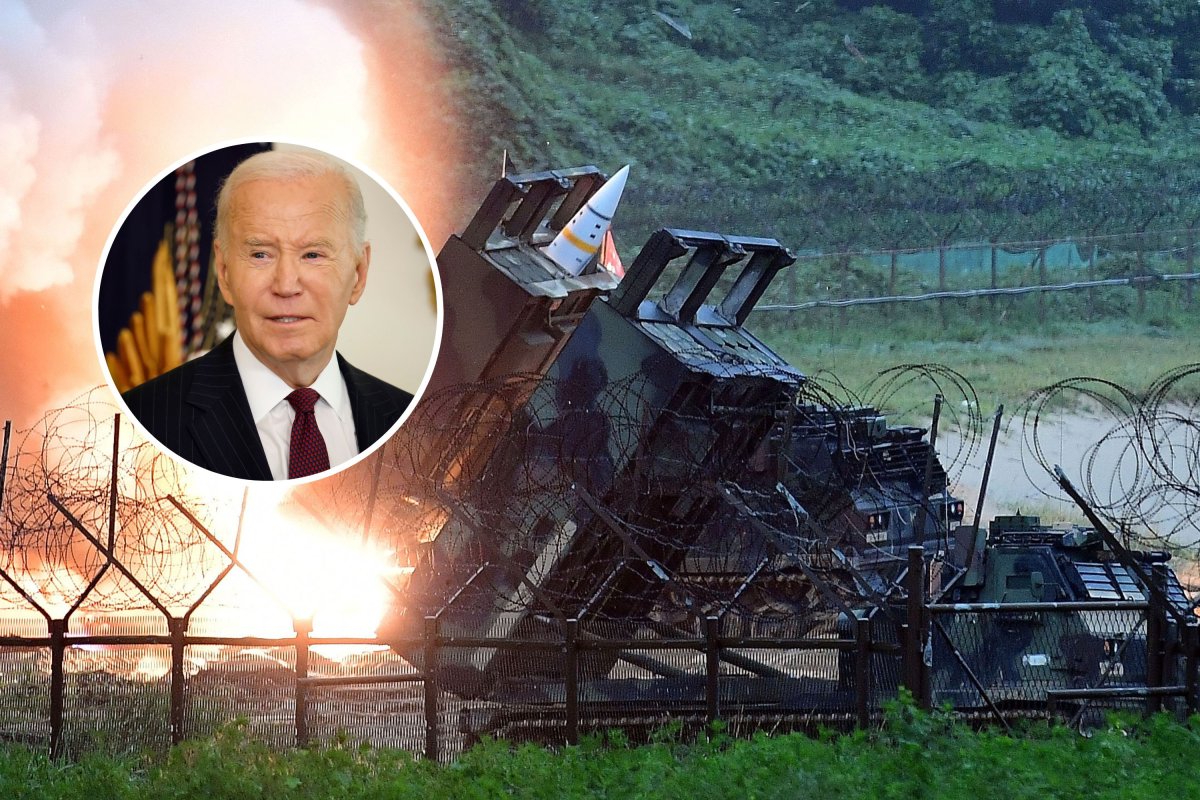
Biden Okays US Long-Range Missiles to Start Hitting Russia
The US will now directly support strikes deep inside Russia
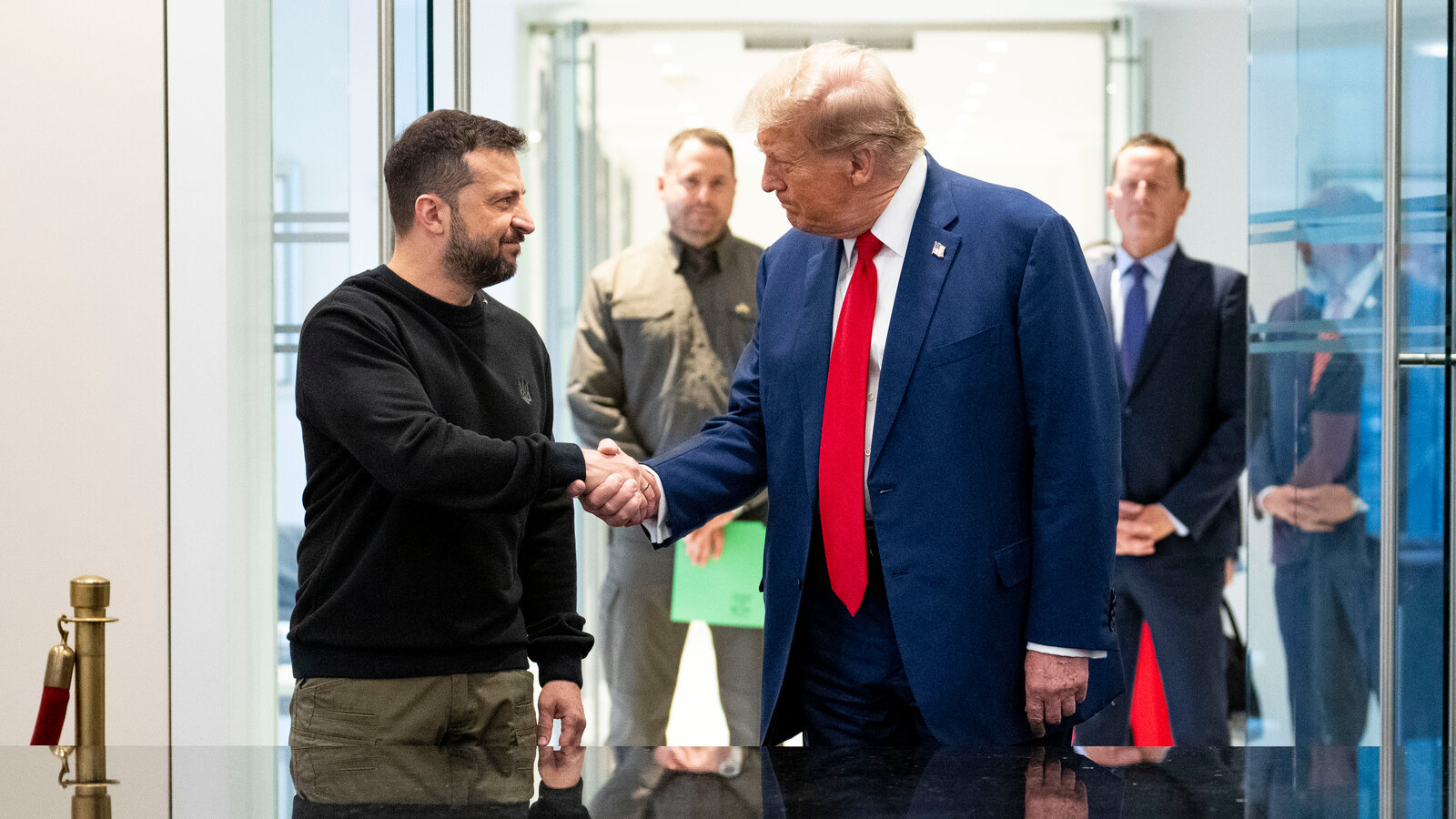
Ukraine Seeks to Win Over Trump by Offering Itself Up as a Colony
Offers natural resources and auxiliary troops


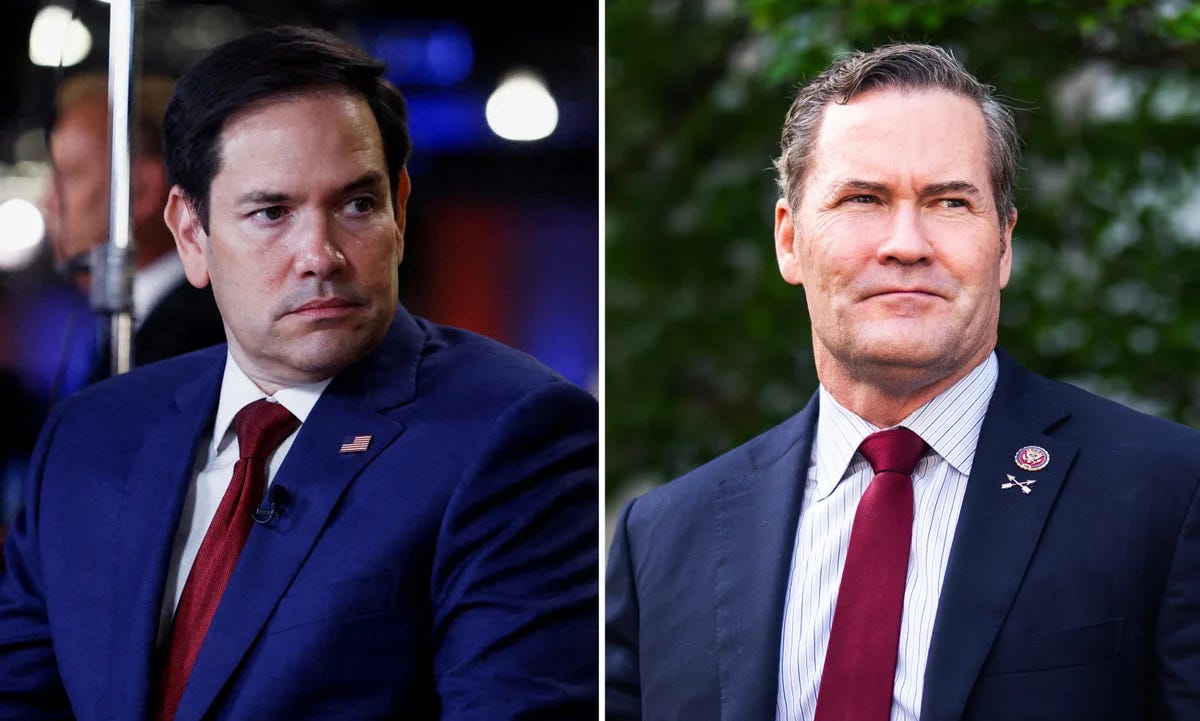
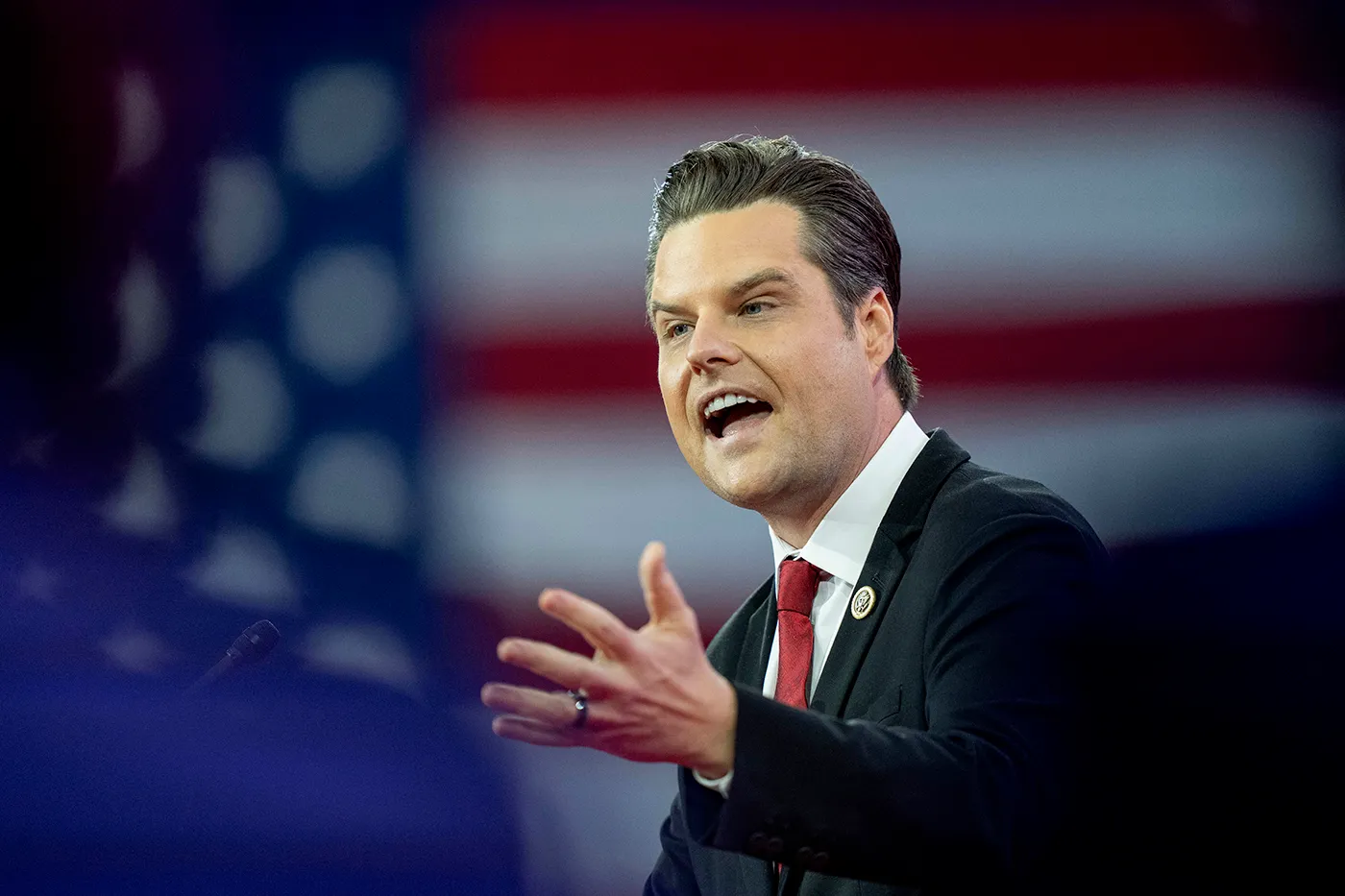
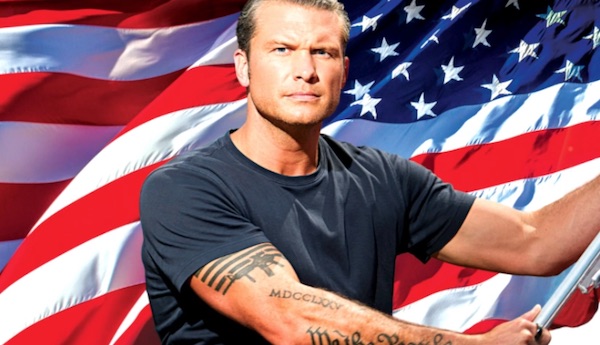
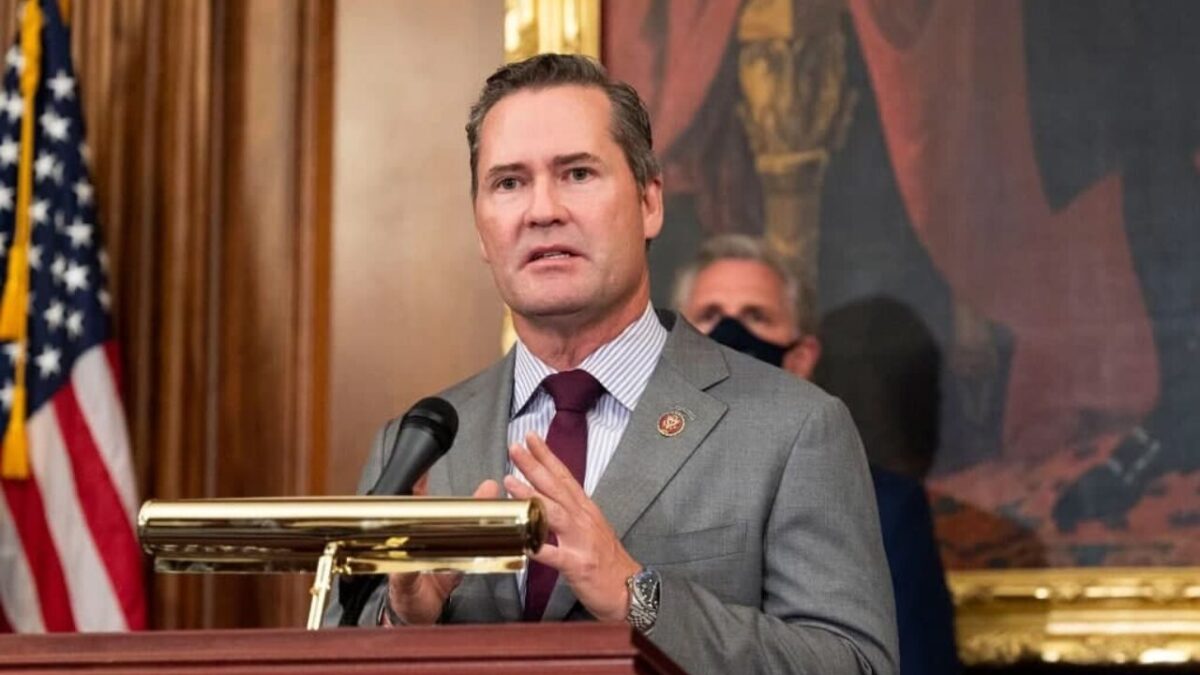

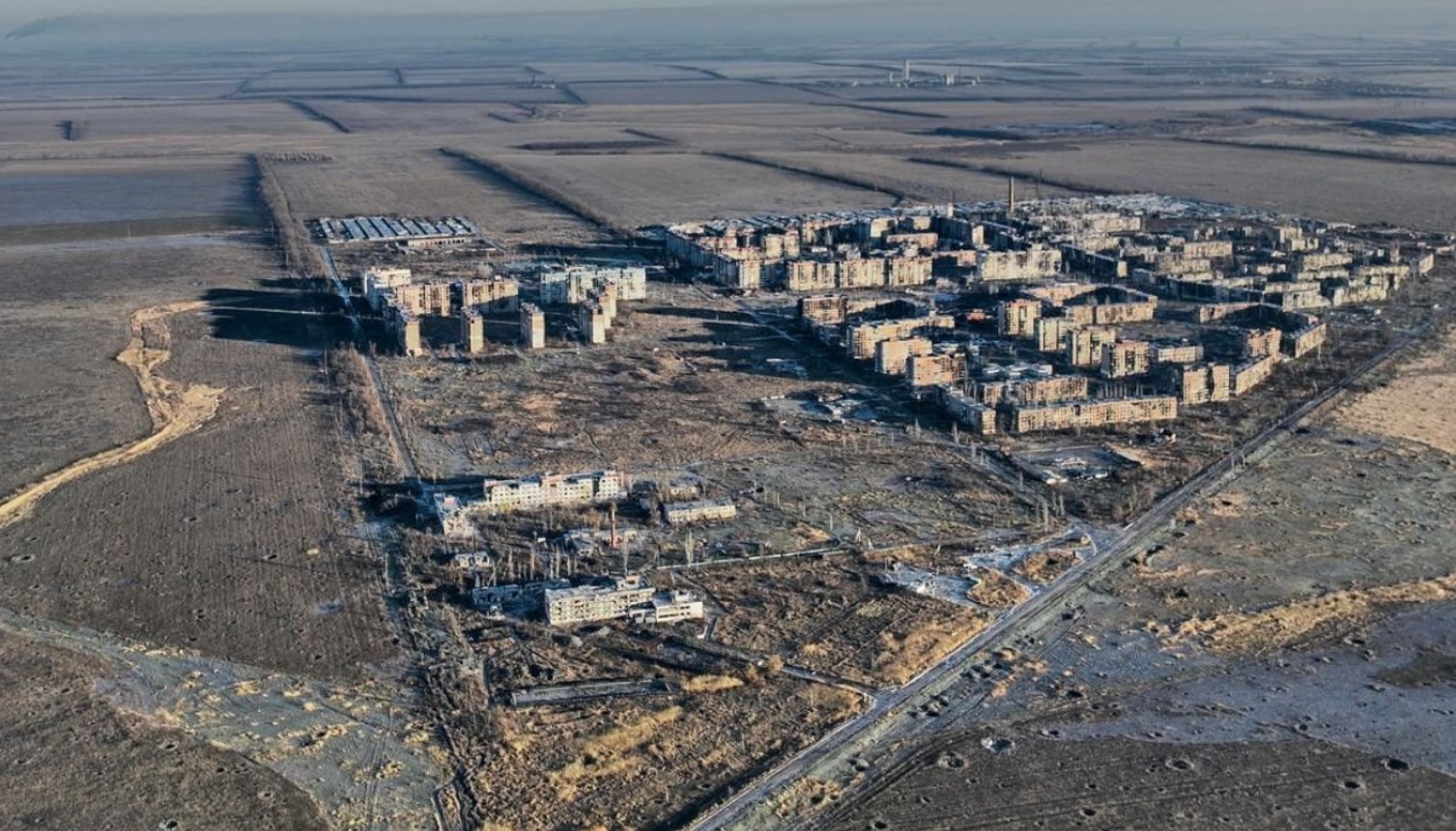
No comments.
By submitting a comment you grant Free West Media a perpetual license to reproduce your words and name/web site in attribution. Inappropriate and irrelevant comments will be removed at an admin’s discretion. Your email is used for verification purposes only, it will never be shared.